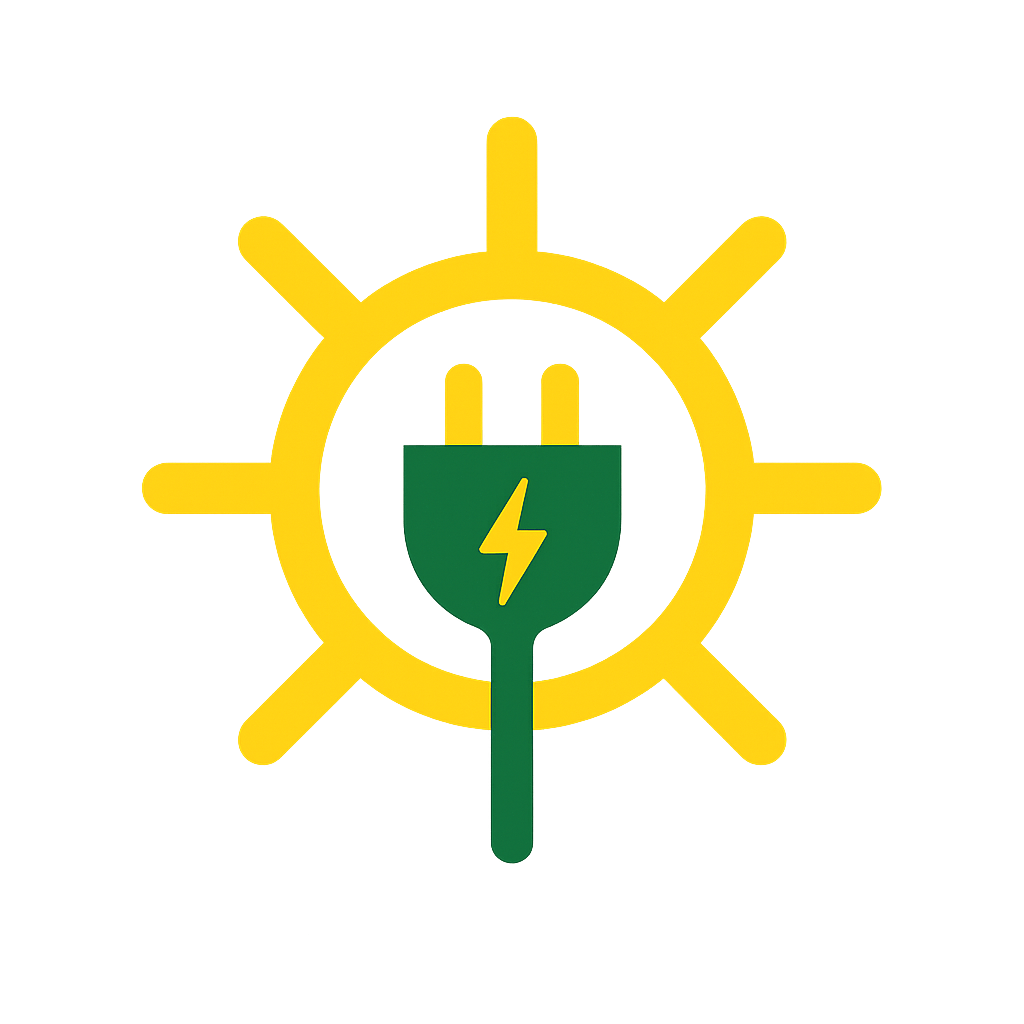Solar Power in Nevada: Costs, Incentives & Savings Guide (2025)
If you live in Nevada, you’ve probably noticed two things: the state gets an abundance of sunshine and electricity rates have been steadily climbing.
With over 300 sunny days per year in some areas, Nevada is a solar powerhouse just waiting to be tapped.
The state also has a strong history of supporting renewable energy, thanks to forward-thinking policies and incentive programs.
Whether you live in Las Vegas, Reno, Henderson, or in rural Nevada, switching to solar can dramatically reduce your utility bills, protect you from rate hikes, and help you live more sustainably.
In this guide, we’ll break down Nevada’s solar costs, available incentives, net metering policies, and long-term savings potential — so you’ll have all the info you need to make a confident decision.
Why Go Solar in Nevada?
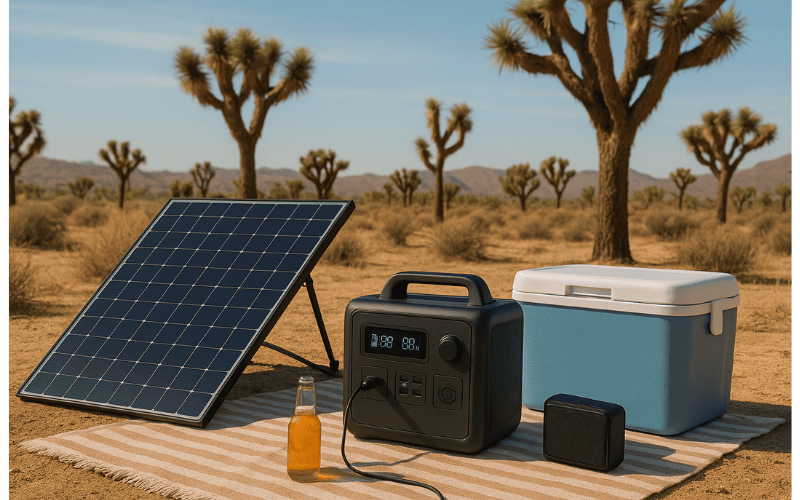
1. Plenty of Sunshine
Nevada ranks as one of the sunniest states in the U.S. According to the National Renewable Energy Laboratory (NREL), Nevada’s solar potential is among the highest in the nation, making it an ideal location for efficient solar production.
2. High Electricity Rates
Nevadans pay around $0.15 – $0.17 per kWh for electricity (as of 2025), and these rates have been trending upward. Installing solar panels helps lock in a predictable, lower cost of power for decades.
3. Strong State-Level Solar Support
Nevada has supportive legislation for renewable energy, including net metering policies and solar incentives
4. Energy Independence
Pairing solar panels with a battery system means you can store excess energy for use during cloudy days or power outages, giving you more control over your electricity usage.
How Much Does Solar Cost in Nevada?
The average cost of solar panels in Nevada in 2025 is around $2.50 – $3.10 per watt before incentives.
For a typical 6 kW system (enough for most homes):
Before incentives: $15,000 – $18,600
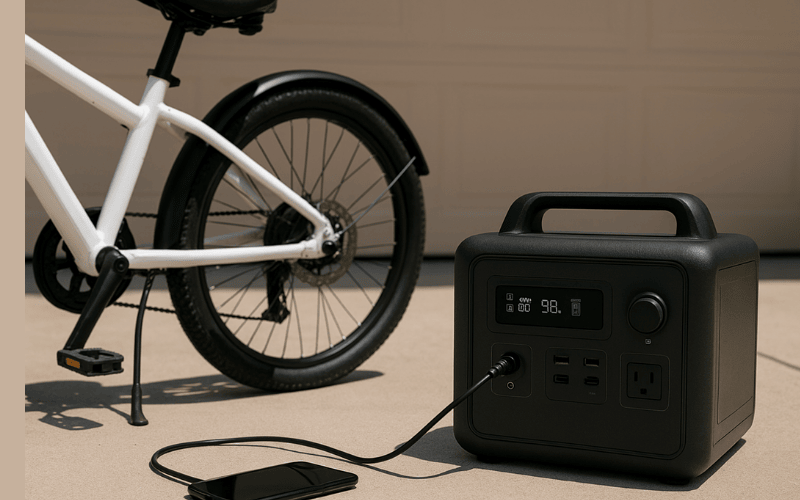
After the 30% federal tax credit: $10,500 – $13,020
Estimated payback period: 6–9 years
Factors that influence the cost include:
Your home’s energy consumption
Roof size, pitch, and shading
Equipment brand and quality
Whether you install a battery system
Local installer rates
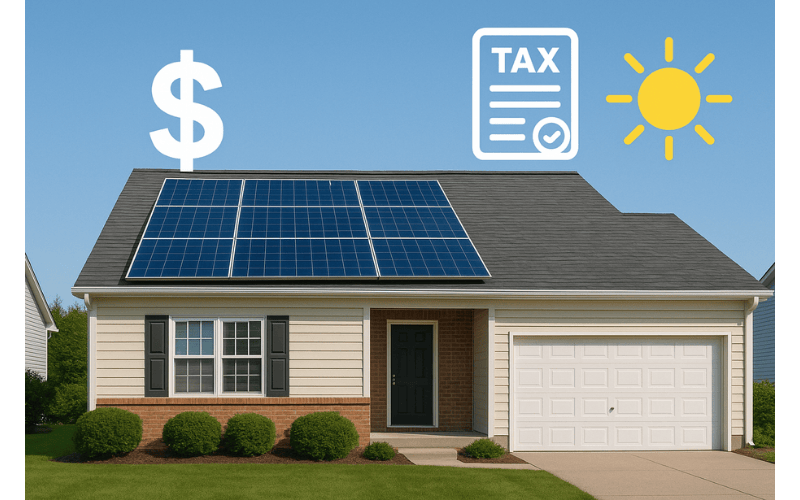
Nevada Solar Incentives & Tax Credits
Nevada offers several financial incentives to help lower the cost of solar installation. Here are the major ones in 2025:
Credit: 30% of total system cost
Applies to: Homeowners who purchase (not lease) their solar system
Can be claimed for: Panels, inverters, batteries, and installation labor
2. Net Metering
Nevada’s net metering policy allows homeowners to receive credits for excess electricity they send back to the grid.
Customers can offset their future bills with these credits.
Credit rate: 75% of the retail rate (for most NV Energy customers)
This ensures you maximize your solar savings even if you produce more than you use at certain times.
3. NV Energy Renewable Generations Program
Occasionally offers cash rebates for certain renewable energy projects.
Availability changes yearly — check NV Energy’s official site for updates.
4. Property Tax Exemption
Nevada exempts the added value of a solar system from property tax calculations.
That means your property value increases without your property taxes going up.
How Much Can You Save with Solar in Nevada?
Savings depend on your location, system size, and electricity usage. Here’s an example for a 6 kW system in Las Vegas:
Annual electricity bill before solar: $1,800 – $2,200
Annual bill after solar: $200 – $400
Annual savings: $1,600 – $1,800
Lifetime savings (25 years): $40,000 – $45,000+
If you add a battery backup, your immediate bill savings won’t change much, but your energy independence will increase dramatically — especially during outages or peak pricing hours.
Best Places in Nevada for Solar
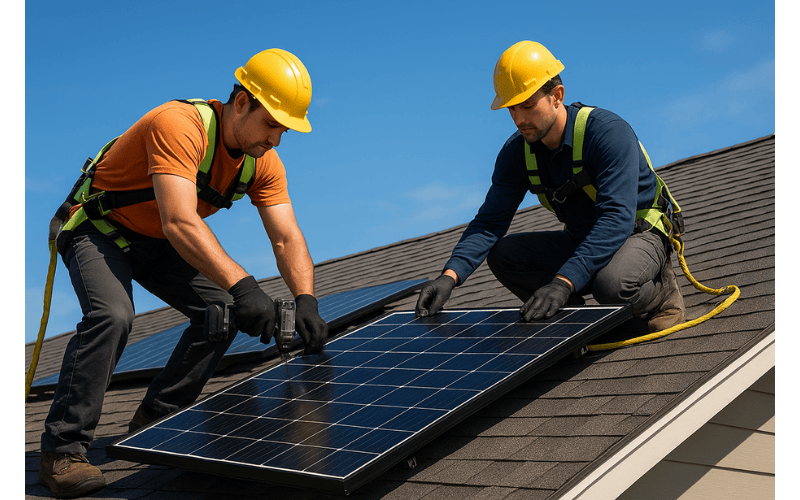
While solar works well across the entire state, certain cities offer exceptional potential due to sunshine hours and electricity costs:
Las Vegas – High energy rates + lots of sun = excellent ROI
Reno – Strong solar potential and growing installer competition
Henderson – Popular for residential solar with many rebate options
Carson City – Increasing adoption due to stable policies
Elko & Rural Areas – Off-grid solar + battery systems are very practical
Financing Solar in Nevada
Buying a solar system outright will save you the most in the long run, but Nevada homeowners have other options:
1. Cash Purchase – Highest ROI, fastest payback.
2. Solar Loan – Spread payments over 5–20 years while still owning the system.
3. Solar Lease / PPA – Lower upfront costs, but you won’t own the system or get the full incentives.
Best Solar Loan & Financing Options in Nevada
Below are commonly used $0-down and low-down solar financing options for Nevada homeowners. Compare program types, typical terms, and follow the official links to review current offers and eligibility.
| Provider | Program Type | Typical Terms | Why Nevada Homeowners Use It | Official Site |
|---|---|---|---|---|
|
Mosaic Solar Loans $0 Down |
Fixed-rate residential solar loans (offered through installer partners) | Commonly 5–25 years; offer dependent on credit & installer | Large installer network in NV, competitive APRs, transparent terms | Visit Mosaic |
|
Sunlight Financial Installer Financing Long Terms |
Loans and financing solutions through certified installers | 10–25 years; multiple payment structures available | Flexible long-term options widely offered by Nevada contractors for $0-down installs | Visit Sunlight Financial |
|
GoodLeap Green Loans Solar + Storage |
Financing for solar, battery storage, and other energy upgrades | Varies by product — commonly 10–25 years | Large installer marketplace, supports battery add-ons popular in NV for resilience | Visit GoodLeap |
|
Loanpal Solar Loans Fast Funding |
Consumer-focused solar financing via installer partners | Up to 20–25 years; multiple payment options | Quick underwriting and common availability through Nevada installers | Visit Loanpal |
|
Dividend Finance Solar + Storage Contractor-Focused |
Solar and battery financing offered through contractor partners | Up to 20–25 years; digital application and approvals | Good for combined solar + battery projects — useful for Nevada homes seeking backup power | Visit Dividend Finance |
|
LightStream (Truist) Personal Loan No Fees |
Unsecured personal loans usable for solar projects | 2–12 years; interest based on credit | No origination fees, fast funding — great option for borrowers with excellent credit | Visit LightStream |
|
PACE Financing (e.g., Ygrene / PACE Nation) PACE Property Loan |
Property Assessed Clean Energy — repaid via property tax assessment where available | Often 10–25 years; repayment shown on property tax bill | Enables long-term, low-upfront financing; can be transferable at sale (availability varies by county) | Visit Ygrene |
Important: Availability, APRs, terms, and program participation differ by lender, installer, county, and borrower credit profile. Nevada utilities (like NV Energy) may offer complementary programs or rebates — confirm specifics and up-to-date offers on each provider’s official website before applying. Consult a tax or financial advisor to understand how financing interacts with the federal 30% ITC and local incentives.
Steps to Go Solar in Nevada
1. Evaluate Your Energy Needs – Look at your past 12 months of electricity bills.
2. Get Multiple Quotes – Compare at least 3 local solar installers.
3. Check Incentive Eligibility – Confirm which state and federal programs you can use.
4. Choose Equipment – Select panel type, inverter, and battery options.
5. Install & Connect – The process usually takes 1–3 months from contract to activation.
Is Solar Worth It in Nevada?
Yes — absolutely. Nevada’s abundant sunshine, combined with state and federal incentives, makes going solar a financially smart decision. Most homeowners recover their investment in under 10 years, then enjoy decades of free electricity.
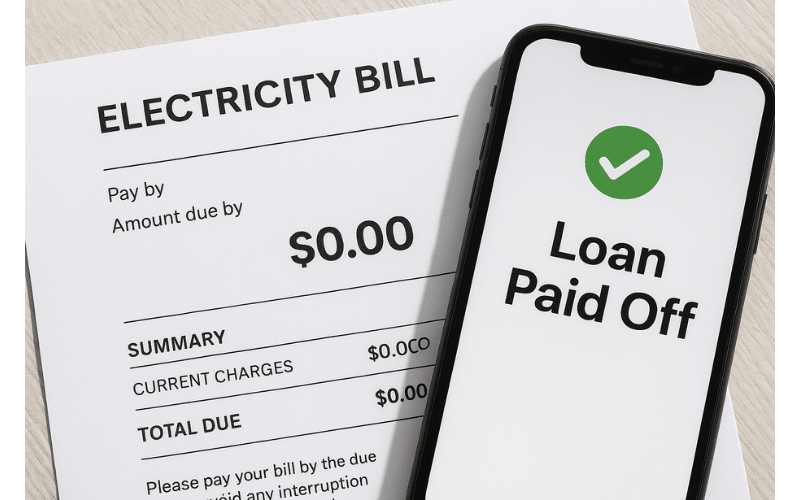
By switching to solar, you’ll:
Cut your electric bill by 70–90%
Protect yourself from rising rates
Increase your home’s value
Reduce your carbon footprint
Frequently Asked Questions
Q: Do I need a battery with my solar system?
A: Not necessarily, but a battery adds backup power and helps store excess energy for later use.
Q: Will my solar panels work during a power outage?
A: Without a battery, grid-tied systems shut off during outages. With a battery, you can power essentials like lights, fridge, and Wi-Fi.
Q: Can I finance my solar installation?
A: Yes — Nevada homeowners can choose from loans, leases, or PPAs to make solar more affordable.
Nevada is one of the best states for going solar in 2025. With generous sunshine, strong incentives, and favorable net metering, homeowners can achieve substantial savings while supporting clean energy.
If you’re ready to explore your options, start by comparing local installer quotes and checking available state programs to maximize your benefits.
Thinking of going solar and want help quantifying your savings? Get our free eBook on "How to Slash Your Energy Bills with a Solar Generator (Even If You Rent)". Here!
About the author
Emayoma Abbey
Email: info@solarpawa.com
Emayoma Abbey is the founder of SolarPawa.com, a platform dedicated to empowering individuals and communities to embrace clean, reliable, and affordable solar energy. With a strong passion for solving real-world power challenges, Emayoma focuses on providing practical, easy-to-understand information that helps people take control of their energy needs.
ABOUT
SolarPawa is Nigeria's trusted online store for affordable and reliable solar energy solutions.
Created with © Emayoma Abbey
